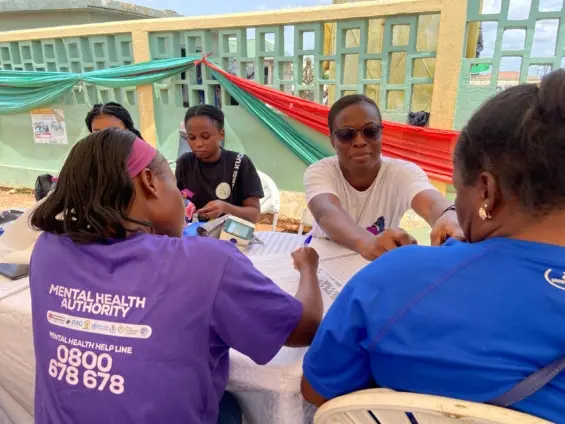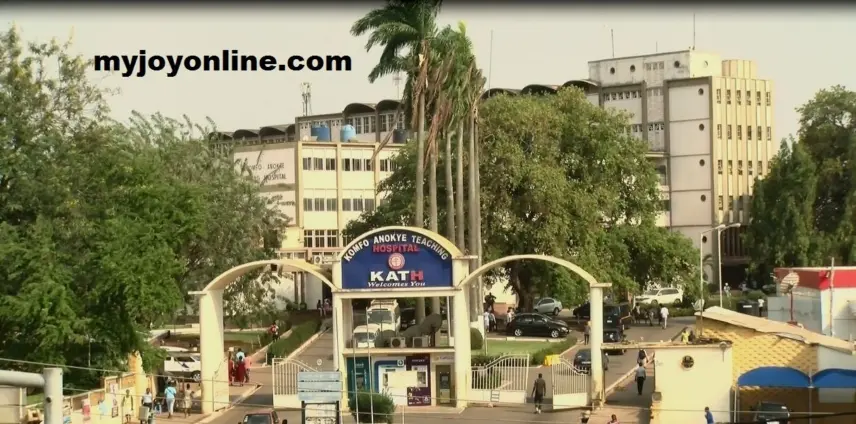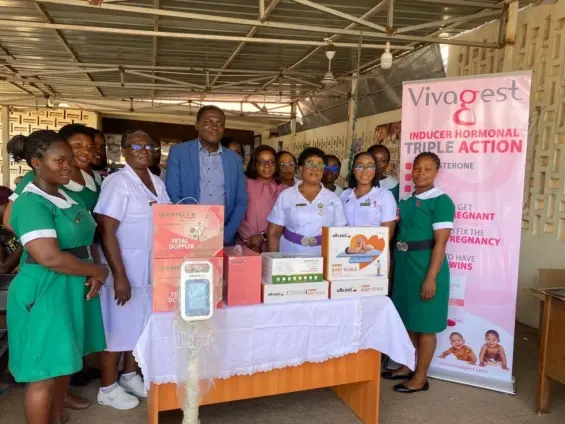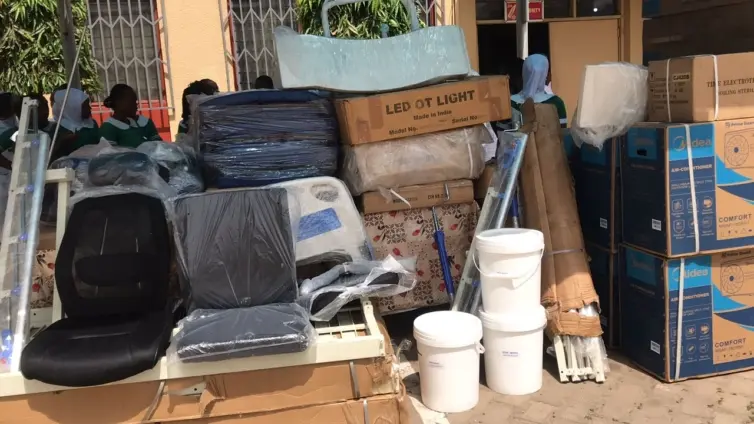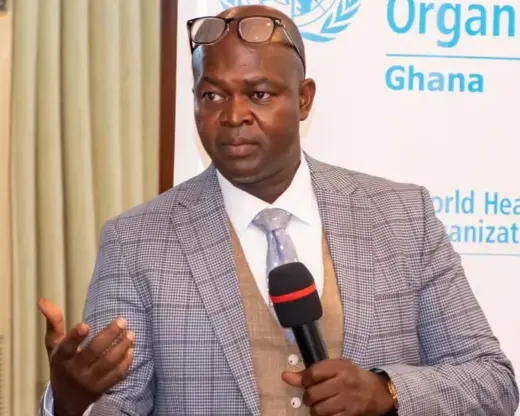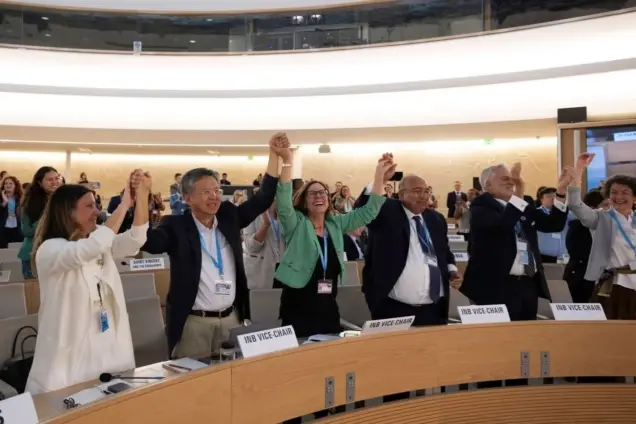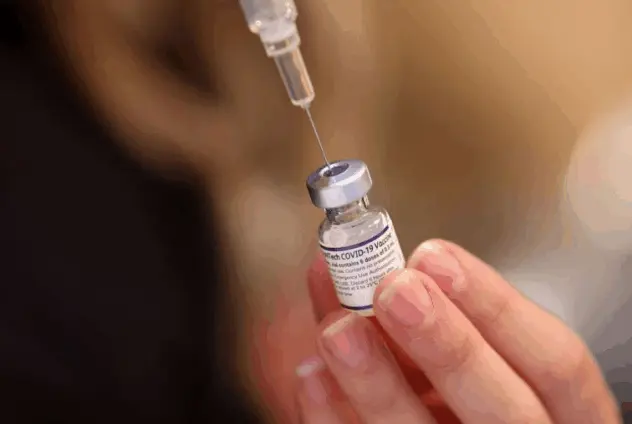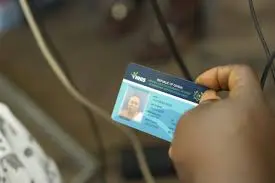A staggering 13% of Ghana’s population grapples with mental disorders, a crisis exacerbated by dwindling resources. This article delves into the alarming state of mental health treatment Ghana, where shortages of personnel, medication, and infrastructure are severely impacting patient care, according to recent reports from the Ashanti region. Mental health facilities in Ghana face immense challenges, exemplified by the struggles of hospitals within the Ashanti region. Stakeholders are urgently calling for renewed commitments to address these critical shortages and improve mental health treatment Ghana outcomes for Ghanaians.
Ghana’s mental health treatment Ghana system is currently grappling with a severe scarcity of resources. This shortage manifests in several critical areas, including a lack of trained personnel such as doctors, nurses, and specialists, an inadequate supply of essential medications, and insufficient infrastructure, including patient wards and treatment facilities. The situation is further compounded by the fact that approximately 13% of the Ghanaian population is affected by some form of mental disorder, with about 3% suffering from severe mental disorders. The implications of these resource constraints are significant, directly impacting treatment efficacy and overall patient outcomes. Dr. Francis Oppong notes the issue is further exacerbated by professionals seeking opportunities abroad, "Mental health issues are on the rise. However, personnel are reducing because many are traveling."
Medication shortages directly contribute to patients discontinuing their prescribed treatment, often due to the high costs of obtaining these medications from private pharmacies. Nurse-in-charge, Naomi Blankson, highlighted the reliance on free medication supplies by saying, "We do have able mental health personnel, the problem is medication supply. We sometimes run short of them and patients cease their treatment because they are compelled to go out and buy them." This interruption in treatment leads to a distressing cycle of relapse and readmission, placing additional strain on both the individuals affected and the healthcare system. Furthermore, the necessity for patients to choose between adhering to their treatment plans and maintaining financial stability raises significant ethical concerns.
Hospitals in the Ashanti region face distinct challenges due to limited resources. The Kumasi South Hospital reports an increase in cases of depression, anxiety, and psychological disorders, managing over 30 new cases monthly. At the Tafo Government Hospital, the absence of a dedicated mental health ward forces staff to provide outpatient treatment in an overcrowded room. Hospital Manager Odette Anaba explains the infrastructure limitations. "We don’t have a ward and infrastructure for mental health care and treatment… we have made a room available, but the room is so small that it doesn’t even count as it prolongs the waiting time." Integrating mental health patients into general medical wards poses risks, potentially hindering their recovery. The Manhyia Government Hospital manages approximately 200 cases monthly, addressing conditions such as depression, schizophrenia, bipolar disorder, and addictions. Dr. K.K. Hussein discussed the capacity by stating, "We have about 200 cases at this facility every month…We have the capacity to manage. But people are not coming because they are assigning other factors like spiritual and the rest to their conditions and that’s not making them seek help."
Stigma remains a significant barrier, preventing many individuals from seeking the mental health treatment Ghana they require. Education and awareness campaigns are essential tools for combating this stigma and promoting a more understanding and supportive environment. Initiatives like Mental Health Month, with its theme of "Mental well-being: my voice," play a crucial role in fostering open conversations and encouraging individuals to prioritize their mental health. It’s important to move away from faith-based activities as the sole means of treating mental health conditions, with Ashanti Regional Health Psychiatrist, Dr Francis Oppong stating, "We are using this opportunity to encourage everybody to cease tackling mental health conditions with faith-based activities. At least patients should be encouraged to seek further medical treatment," The two-day screening events at Kumasi South Hospital, Tafo Government Hospital, and Manhyia Government Hospital also provide a vital opportunity for early detection and intervention.
The Mental Health Authority and the Ghana Health Service are actively working to address the mental health crisis, but increased government funding and support for mental health services are essential. Non-governmental organizations and international organizations also play a critical role in providing assistance and resources. Telemedicine and digital health solutions offer the potential to expand access to care, particularly in remote areas. Simultaneously, training and retaining mental health professionals are crucial for ensuring a sustainable and effective workforce. Stakeholders must commit to progress in mental health treatment and management.
Critical resource shortages are significantly impacting mental health treatment Ghana, particularly in the Ashanti region, and the urgent need for increased investment, reduced stigma, and improved access to care is evident. Addressing the mental health crisis in Ghana requires a multi-faceted approach, involving government, healthcare providers, and the community, to ensure that all Ghanaians have access to the mental health treatment they deserve. The future of mental health treatment in Ghana hinges on collaborative action and a firm commitment to providing adequate resources. Support mental health treatment Ghana today.
Image Source: MYJOYONLINE

